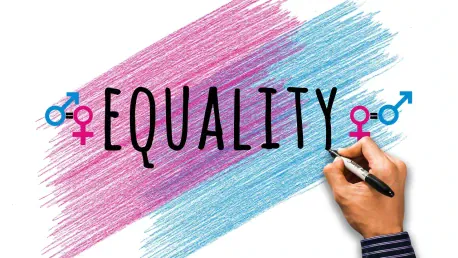
Fashion Bug, one of Sri Lanka's leading fashion retailers, has recently been honored with the Silver award at the prestigious SLITAD People Development Awards 2023/2024. This accolade not only highlights the company’s dedication to its employees but also underscores its alignment with global b

Vietnam is taking pivotal steps to advance its high-quality human resource development, addressing both current challenges and future needs. A key initiative in this direction is the National Assembly (NA) Standing Committee's extensive supervision plan. This strategic plan aims to evaluate,

The Department of Defense (DoD), along with various military services, is setting significant initiatives in motion to enhance the customer experience (CX) for its service members. The focus on CX underscores a strategic shift towards adopting more user-friendly processes, especially in human

Rebecca Bird, the founder of Cumbrian company Precision HR, has been nominated for the "One to Watch" category at the esteemed Northern Power Women Awards. Scheduled for March 18, 2025, at the Manchester Central Convention Complex, this event marks its ninth year as Europe's largest

On August 26, 2024, a significant milestone was reached when the Ministry of Human Resources and Social Development signed a memorandum of understanding (MoU) with the Children with Disability Association. This collaboration aims to operate a non-governmental temporary shelter center at the Model

In today's fast-paced business environment, fostering a culture of continuous learning has become essential for organizations seeking to stay competitive. Transforming traditional training methods through gamification and technology not only enhances engagement but also significantly improves